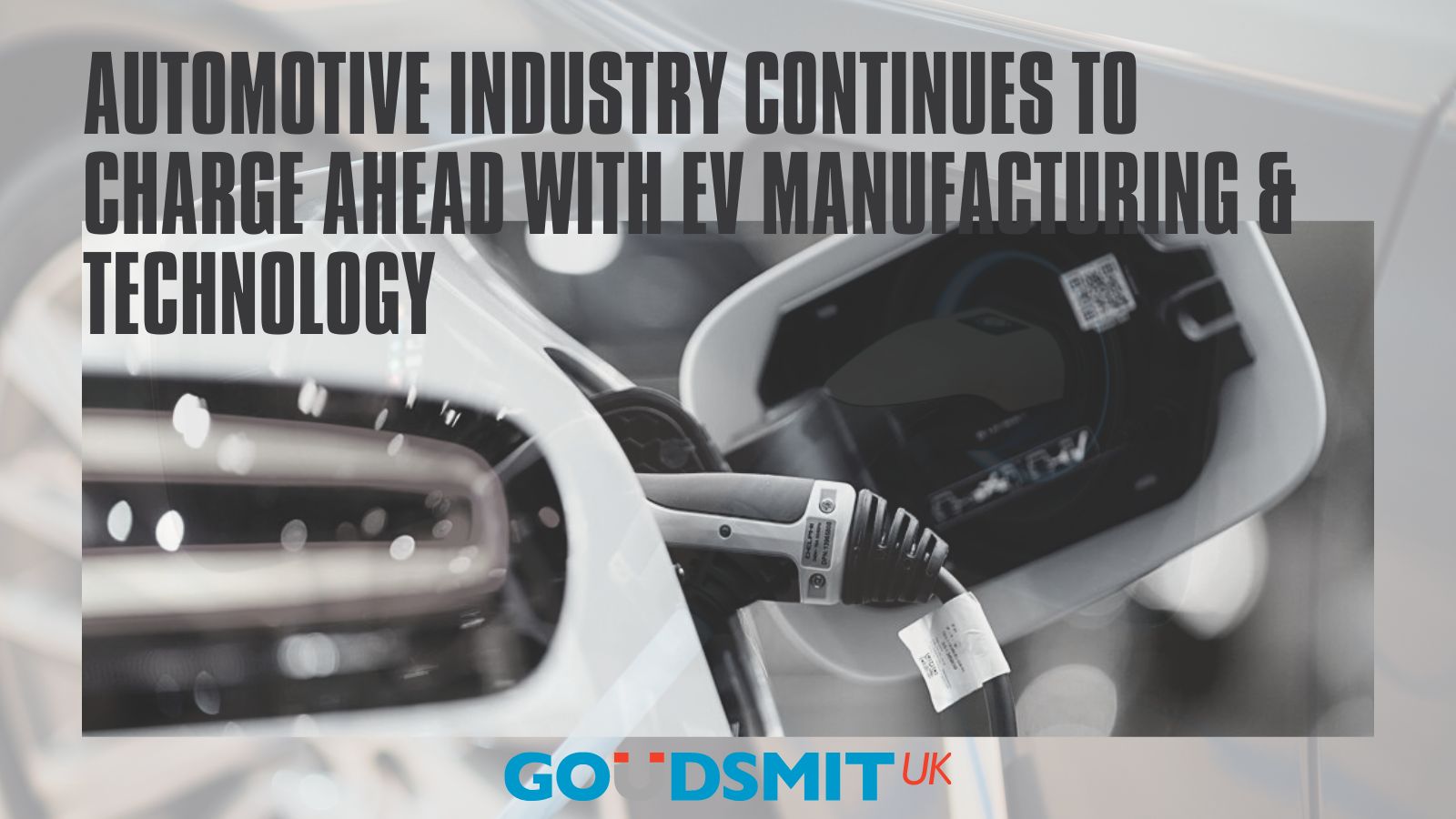The past several years has saw the automotive industry drastically increase its commitment to electric vehicles. In turn, leading to a transformative shift in supply chains which has broad implications for the magnetics industry. Specifically, the continued commitment to EV production translates to higher production of permanent magnet motors. In addition to technology improvements for the components, systems and materials involved.
Automotive industry’s commitment to EV
For future EVs to be lighter and travel further under battery and hybrid power, key targets have been set for the developments. These include:
- New motor and powertrain designs
- Advancements in electrical steel
- Improvements in magnetic materials
- Developments in inductive charging
Mainly, electric, and hybrid-electric automobiles are the driving force behind the transformation. However, both buses and trucks are following the trend in order to create a profound long-lasting change in automotive transportation and the magnetic components involved.
Majority of automotive manufacturers and their suppliers have announced they are preparing for the ramp up of EV production. Many automakers have already started to expand and create new factories dedicated to EV production. Automotive manufacturers remain at the centre of creating a new future where electric vehicles make up a fast-growing, significant share of the vehicle mix worldwide.
Shifting gears to electric vehicles
As noted, the automotive industry is undergoing a dramatic change. Many manufacturers agree that the next few years will bring more change than the previous two decades.
By 2025 automotive manufacturers are preparing to phase out cars powered solely by internal combustion engines (ICE) as governments look to tackle fuel emissions. The growth in electric vehicles and hybrid electric vehicles (HEV) is climbing and by 2025, EVs and HEVs will account for an estimated 30% of all vehicle sales. Comparatively, in 2016 just under 1 million vehicles or 1% of global auto sales came from plug-in electric vehicles.
By 2025, expert J.P. Morgan estimates in his report that this will rise close to 8.4 million vehicles or a 7.7% market share. While this jump is significant, it doesn’t compare to the kind of growth expected in HEVs. HEVs are vehicles that combine a fuel engine with electric elements. This sector is forecast to swell from just 3% of global market share to more than 25 million vehicles or 23% of global sales over the same period. This leaves pure-ICE vehicles with around 70% of the market share in 2025, with this falling to around 40% by 2030, predominantly in emerging markets.
Automotive industry’s semiconductor shortage
Currently the supply chain crisis around semiconductors is impacting vehicle production. This is in part related to the global pandemic and is a global supply issue. However, as the UK makes very few chips for the automotive sector, UK producers are reliant upon overseas suppliers. Therefore, the uncertainty around chip supply has made production planning extremely difficult. There also appears to be little interest to develop a UK-based automotive chip industry. While other countries, notably the US and the EU have plans to invest and heavily support domestic production, the UK currently has no such plans. The chip supply issue is taking much longer to overcome than expected. Experts in the industry are now expecting it to continue till 2023 or even into 2024.
EVs require significantly more chips than conventional vehicles. Therefore, the longer-term impacts on demand and supply, is going to be another challenge for the sector.
Future considerations for the automotive industry
Given the issues the automotive sector has faced in previous years and at present, there are growing concerns over what the next crisis will be as we move closer to the EV era. While this is difficult to forecast, experts note the supply of raw materials used to make key components for EVs may be difficult to access, and if they will be affordable. Moreover, there is concern around the supply of energy. Notably, decarbonised energy necessary to deliver net zero in the manufacturing process.
Goudsmit UK
With our ISO 9001 quality accreditation, Goudsmit UK can provide quality magnets, magnetic assemblies, and components into the automotive industry, continually. We not only supply quality products to the Automotive sector, but we fully understand the service demands required in terms of JIT delivery, stockholding, and audit procedures.
For more information on our custom magnets visit our webpage or download our brochure.
Calculate the magnetic force you need for you application here.
Contact us on +44 (0) 2890 271 001 or at info@goudsmit.co.uk







